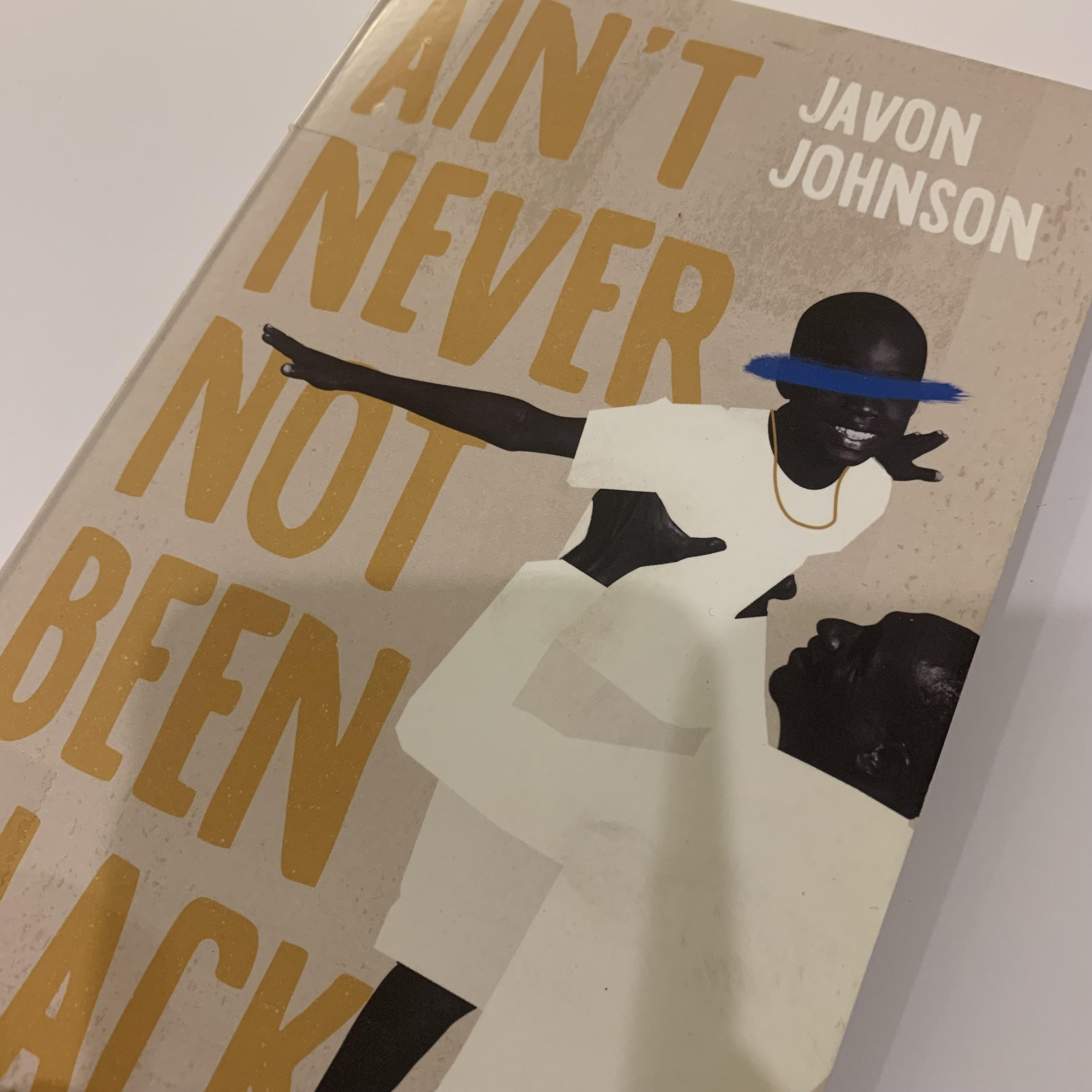
A Poem I Like #13
One's Own Faults
(original by Imam Shafi'i, translation by Ammar AlShukry)
A person who is pious,
Is busied from other's faults by his own blame
Just as the sickly person is distracted
From the pain of all others by his own pain
~ ~ ~
I enjoy the simultaneous simplicity and profundity of this poem. The rhyme scheme straightforward and the message of the poem is well-worn wisdom. Still, I'm grateful for the reminder. There is a bliss in attending to your own affairs first. If we are too busy remedying our own faults to focus on the faults of others, we allow ourselves to enjoy the better traits of those around us. Like acquired tastes, the flavors we enjoy in such a state have always been present; our growth in perspective is the difference that grants us deeper experience in friends and food alike.
This callback to the timeless adage of “worry about yourself first” makes me think about the adoption of selfishness into mainstream culture. Selfishness has always been a part of society--it is an inescapable human trait. However, there was a time when “worry about yourself first” undoubtedly meant extend grace to those around you. Now, my reflex to interpret the phrase as an advice to put oneself first--to attend to ones own wants and desires first, at the cost of others'. Self-care is important, but the line between self-care and self-indulgence is one we cross far too often.
I digress.
We all have flaws. And we all have enough flaws to keep us preoccupied for a lifetime. In Islam, there is a concept of “having good opinion of others”, where extending the benefit of the doubt to our brothers and sisters in faith is itself part of the religion. Personally, I think that's awesome. Because the world is wack as we choose to see it, and people even more so. Why not choose to live a life where we let the better parts of people rise to the surface in our eyes. (Don't take this as license to get played tho.)
A person who is pious,
Is busied from other's faults by his own blame
Just as the sickly person is distracted
From the pain of all others by his own pain
~ ~ ~
I enjoy the simultaneous simplicity and profundity of this poem. The rhyme scheme straightforward and the message of the poem is well-worn wisdom. Still, I'm grateful for the reminder. There is a bliss in attending to your own affairs first. If we are too busy remedying our own faults to focus on the faults of others, we allow ourselves to enjoy the better traits of those around us. Like acquired tastes, the flavors we enjoy in such a state have always been present; our growth in perspective is the difference that grants us deeper experience in friends and food alike.
This callback to the timeless adage of “worry about yourself first” makes me think about the adoption of selfishness into mainstream culture. Selfishness has always been a part of society--it is an inescapable human trait. However, there was a time when “worry about yourself first” undoubtedly meant extend grace to those around you. Now, my reflex to interpret the phrase as an advice to put oneself first--to attend to ones own wants and desires first, at the cost of others'. Self-care is important, but the line between self-care and self-indulgence is one we cross far too often.
I digress.
We all have flaws. And we all have enough flaws to keep us preoccupied for a lifetime. In Islam, there is a concept of “having good opinion of others”, where extending the benefit of the doubt to our brothers and sisters in faith is itself part of the religion. Personally, I think that's awesome. Because the world is wack as we choose to see it, and people even more so. Why not choose to live a life where we let the better parts of people rise to the surface in our eyes. (Don't take this as license to get played tho.)








